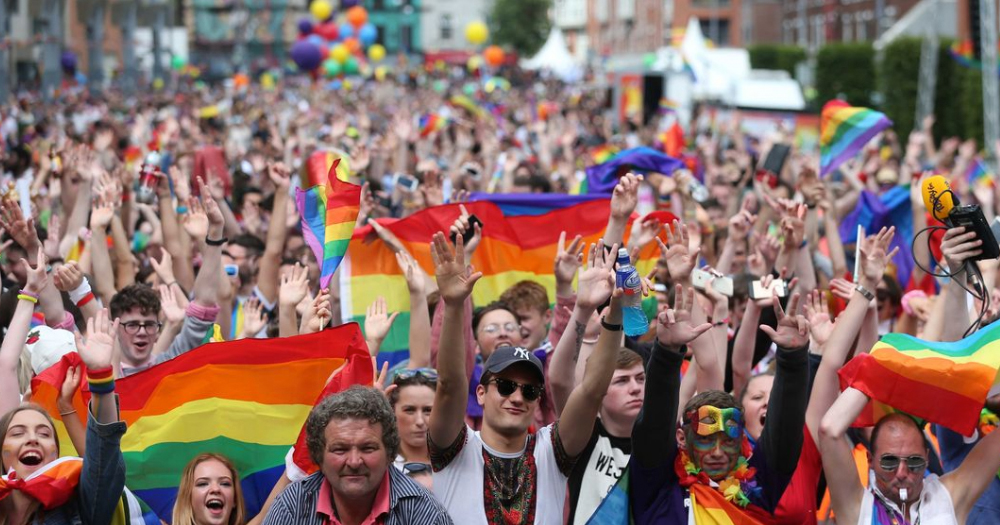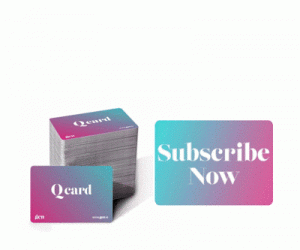Since 2001, the story of marriage equality has come a long way. 2018 alone has seen major moves being made in terms of same-sex marriage, but there is still a long way to go. From the Netherlands to Australia, we track the story so far.
The past year saw moves for same-sex marriage in South America with the Inter-American Court of Human Rights ruling in January that Latin American governments have to allow same-sex marriages in their countries. The court decision sets a binding precedent in Barbados, Bolivia, Chile, Costa Rica, the Dominican Republic, Ecuador, El Salvador, Guatemala, Haiti, Honduras, Mexico, Nicaragua, Panama, Paraguay, Peru and Suriname.
Meanwhile, much closer to home, Northern Ireland is the only part of the UK which still bans marriage for same-sex couples, despite majority support among both the Northern Ireland Assembly and the public. A Sky News poll showed, in April, that 76% of the public showed support for marriage equality.
From 2001 to today, we chart the story of same-sex marriage legislation across the globe.
2001
The Netherlands becomes the first country to legalise same-sex marriages.
2003
Belgium grants equal rights to same-sex married couples.
2005
The Canadian Parliament passes legislation making same-sex marriage legal nationwide.
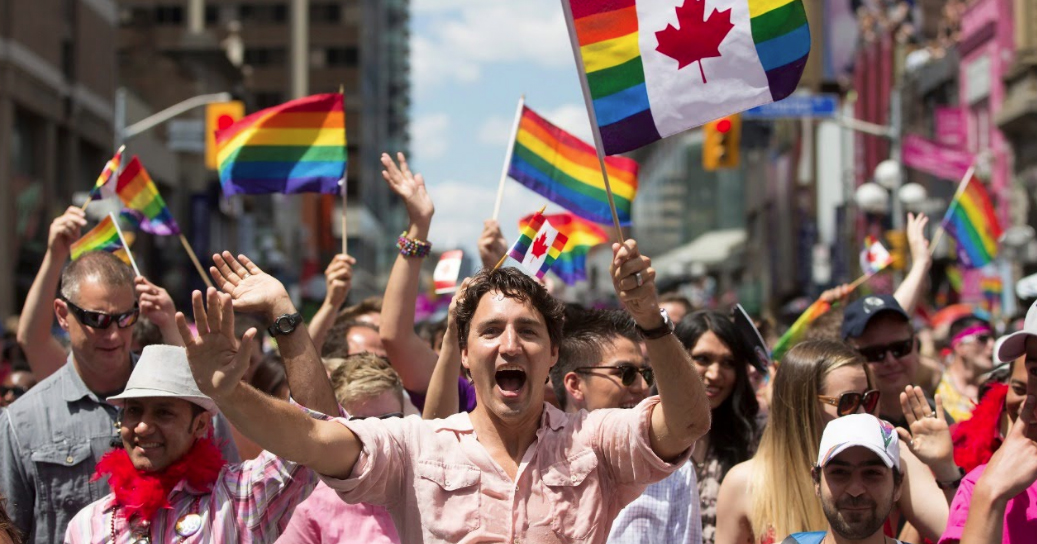
2005
A closely divided Spanish parliament agrees to introduce full marriage equality.
2006
After South Africa’s highest court ruled the country’s marriage laws violated the constitution’s guarantee of equal rights, parliament legalized same-sex marriage.
2008
Norway allowed gay couples to enter civil unions from 1993, but it took another 15 years for the country to pass a gender-neutral marriage law.
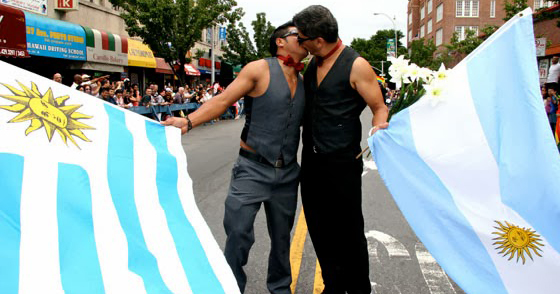
2009
The Swedish parliament votes overwhelmingly in favour of legalising same-sex marriage.
2010
Iceland’s parliament votes unanimously to legalise same-sex marriage.
Portugal introduces same-sex marriage after legislation is challenged by the country’s former president.
Argentina becomes the first Latin American country to allow same-sex marriage.
2012
Denmark’s legalisation comes in after Queen Margrethe II gives her royal assent.

2013
Uruguay passes legislation allowing same-sex marriage.
New Zealand becomes the first country in the Asia-Pacific to legislate for same-sex marriage.
President Francois Hollande signs a measure legalising marriage equality in France.
Brazil’s National Council of Justice rules that same-sex couples should not be denied marriage licences.
2014
England and Wales became the first countries in the UK to pass marriage equality.
Scotland’s parliament votes overwhelmingly in favour of legalising same-sex marriage.

2015
Luxembourg overwhelmingly approves legislation to allow gay and lesbian couples to wed and to adopt children.
Finland’s marriage equality bill, approved in 2014, goes into effect.
Ireland becomes the first country to legalise same-sex marriage through a popular vote.
Greenland, the world’s biggest island, passes same-sex legislation.
The United States Supreme Court makes marriage equality federal law.
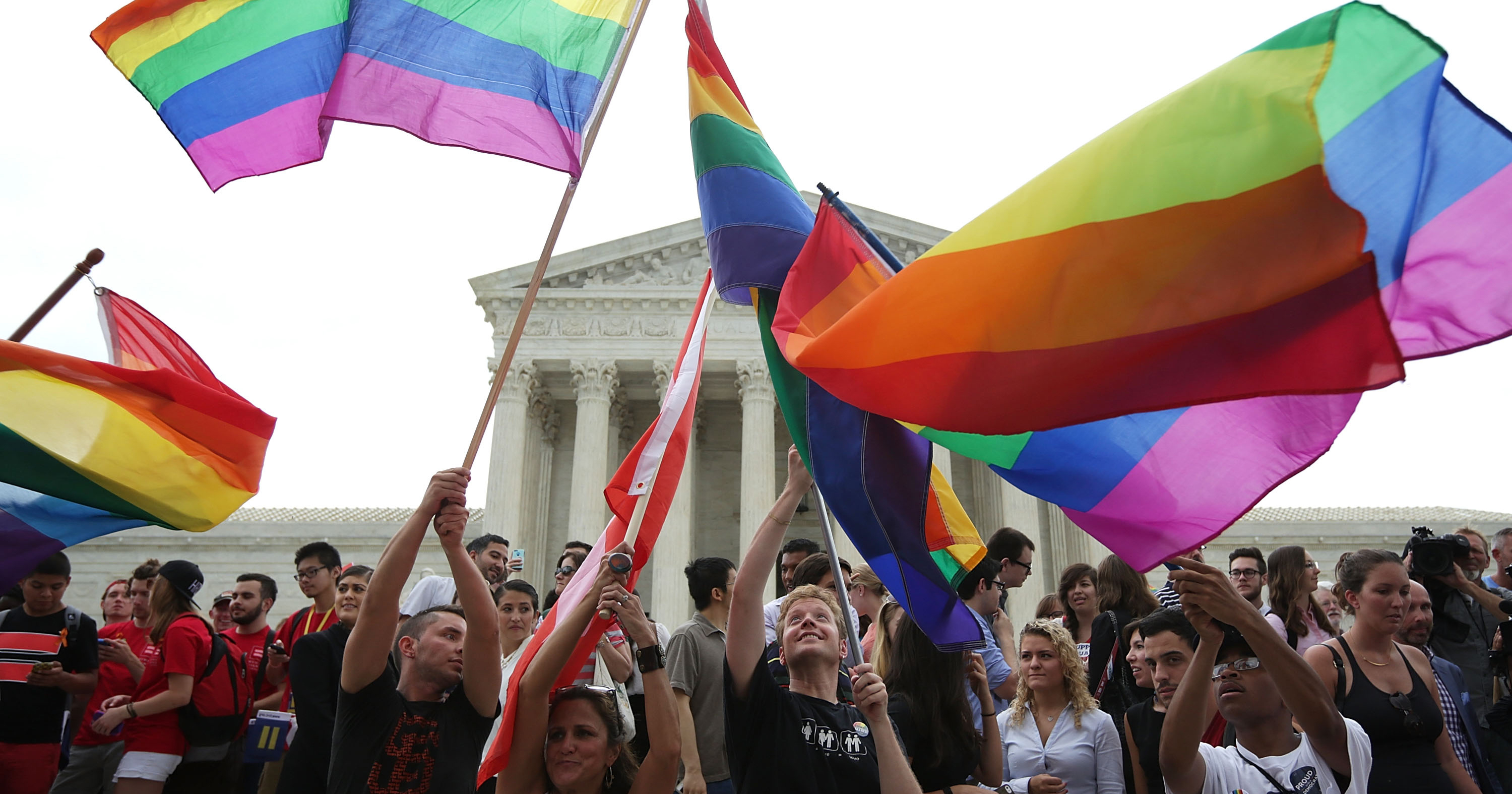
2016
Colombia becomes the fourth Latin American country to legalise same-sex marriage.
2017
Germany becomes the 15th European country to allow same-sex couples to wed.
Malta’s parliament votes in favour of legalising same-sex marriage.
Australian legislators enact the will of the majority of citizens who overwhelmingly voted in favour of same-sex marriage.
2018
Jersey, the largest of the channel islands, introduces marriage equality.
© 2018 GCN (Gay Community News). All rights reserved.
Support GCN
GCN is a free, vital resource for Ireland’s LGBTQ+ community since 1988.
GCN is a trading name of National LGBT Federation CLG, a registered charity - Charity Number: 20034580.
GCN relies on the generous support of the community and allies to sustain the crucial work that we do. Producing GCN is costly, and, in an industry which has been hugely impacted by rising costs, we need your support to help sustain and grow this vital resource.
Supporting GCN for as little as €1.99 per month will help us continue our work as Ireland’s free, independent LGBTQ+ media.
